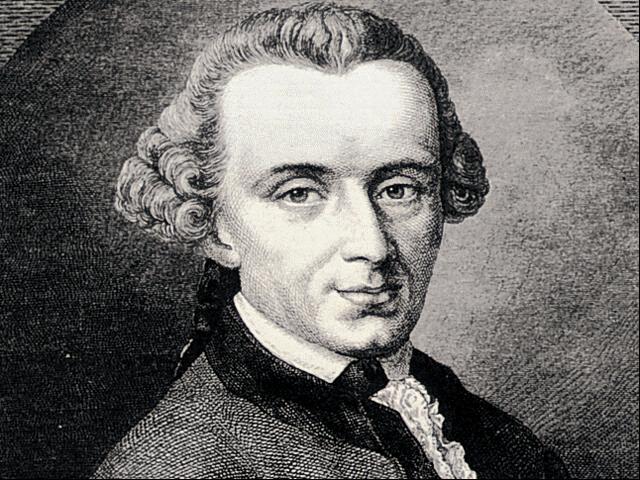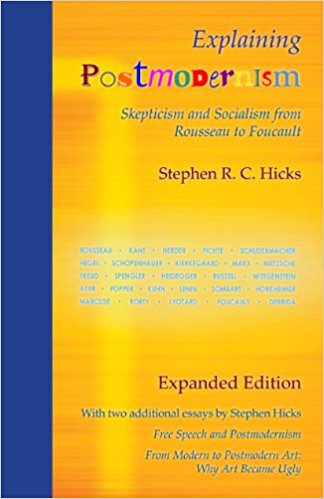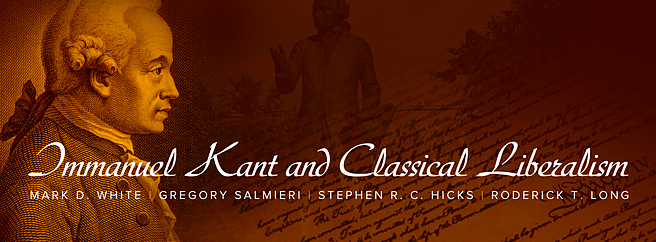Kant’s joke, according to Nietzsche
Thus spake Friedrich: “Kant’s joke. — Kant wanted to prove, in a way that would dumbfound the whole world, that the whole world was right: that was the secret joke of this soul. He wrote against the scholars in favor of popular prejudice, but for scholars and not for the people.” Nietzsche, *The Gay Science*, […]
Kant’s joke, according to Nietzsche Read More »


